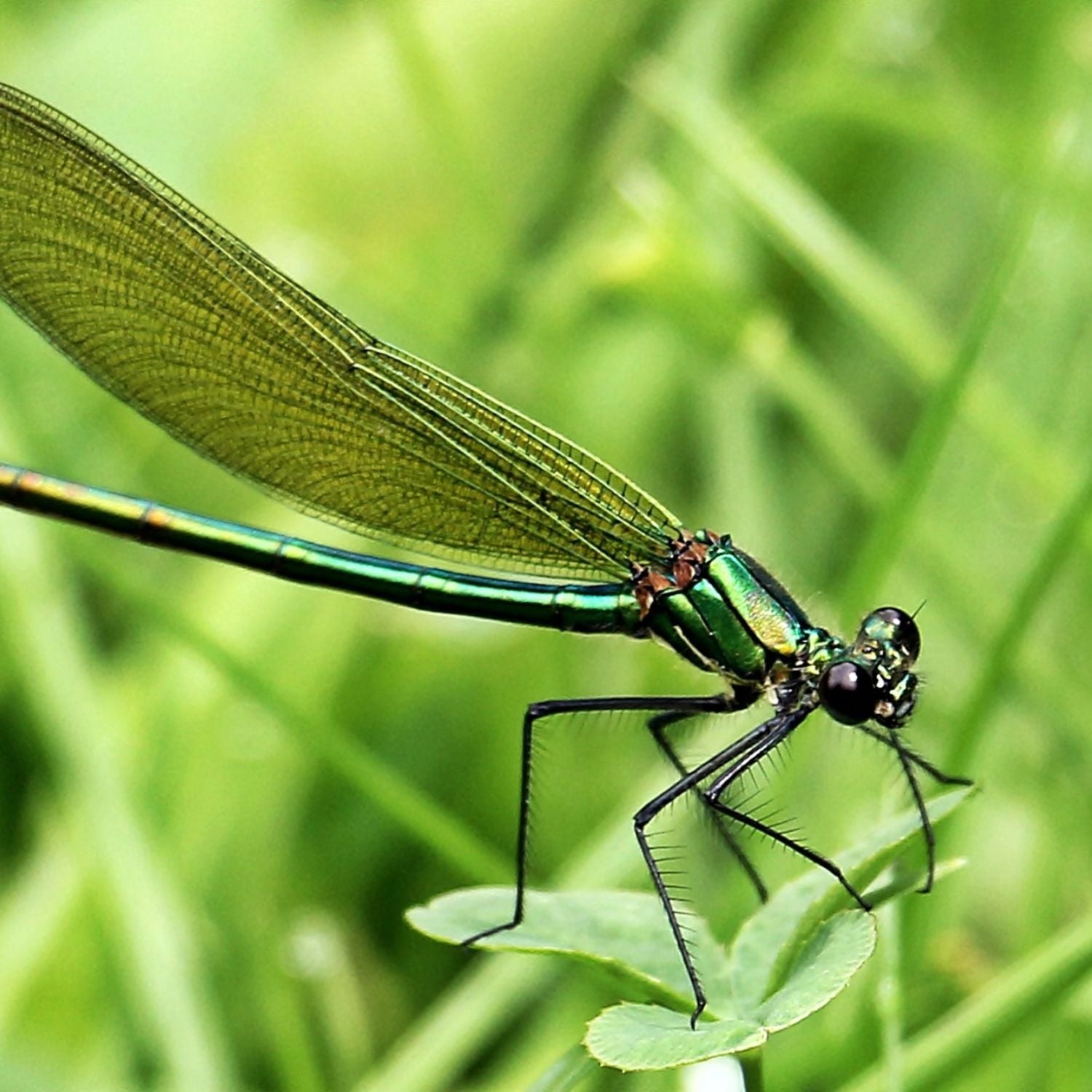Blog Categories

How to get rid of aphids on tomato plants (fast, safe and proven methods)
If you see tiny insects with horns (cornicles) or notice little white cast skins on leaves or stuck in honeydew secretions of your plant pest, it’s time to take action.

Drugstore beetle or cigarette beetle? Know the signs
What’s the difference between drugstore beetles and cigarette beetles? Learn how to identify, prevent and eliminate these common pantry pests—before they cause costly damage to your food or stored ...

What insects make noise at night? Here’s how to identify those chirps, buzzes and clicks
Discover what insects make up the nocturnal insect orchestra and how they make the sounds they make that fill the night.

How to get rid of spiders in your home (and keep them out)
Which areas of a house do spiders live in? How do I protect my home from spiders?

Do all bees and wasps sting, and when should you worry?
Learn with Dr. Killigan: Understand bee and wasp stings, identify stinging species and stay safe.

Why mosquitoes matter: Surprising benefits for the ecosystem
Delve into the intricate ecosystem interactions involving mosquitoes, including male mosquitoes and their often misunderstood role. Understanding the significance of mosquito larvae and the various...

Bed bug vs. tick: How to identify, prevent and eliminate these bloodsucking pests
Imagine waking up with mysterious bites. Could it be bed bugs? Or ticks? Proper identification is crucial when dealing with these tiny, bloodsucking invaders. In the bed bug vs tick debate, these p...





